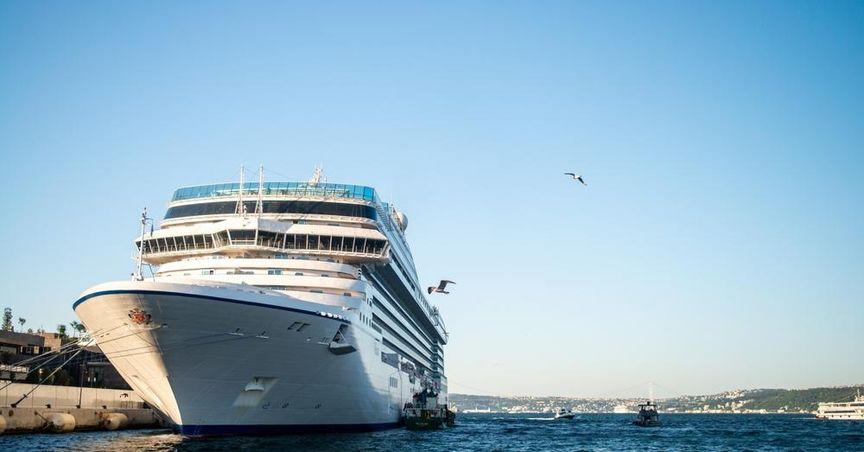Highlights
- Matson Inc. operates in the shipping and logistics sector, providing ocean transportation services across the Pacific.
- The company recently experienced an adjustment in price objectives by Stephens, reflecting its market positioning.
- Matson continues to adapt to industry challenges, impacting its operational strategies and performance.
Overview of Matson's Shipping and Logistics Sector
Matson Inc. (NYSE:MATX) is a key player in the shipping and logistics industry, providing ocean transportation and logistics services across the Pacific region. The company operates a fleet of container ships and provides freight forwarding services, primarily serving Hawaii, Alaska, Guam, Micronesia, the South Pacific, China, and Japan. It plays a crucial role in facilitating trade between the U.S. and Asia, with a focus on delivering reliable and efficient transportation solutions.
The shipping sector is influenced by various factors, including global trade dynamics, fuel prices, environmental regulations, and supply chain disruptions. Matson's strategic routes and dedicated customer base provide a stable platform within this fluctuating industry. Its focus on niche markets such as Hawaii and Alaska allows it to maintain a competitive edge.
Recent Developments and Price Objective Adjustments
Recently, Stephens adjusted Matson's price objective from $165.00 to $175.00. This adjustment reflects the company's market positioning and the perceived value of its stock in the current economic climate. Matson's consistent performance, coupled with its strategic initiatives, contributes to its market visibility.
Other financial institutions have also commented on Matson's operational adjustments. Wolfe Research, for example, recently modified its perspective on Matson, reflecting the dynamic nature of the shipping industry. Meanwhile, Stifel Nicolaus revised its price target for Matson from $150.00 to $160.00, maintaining a neutral outlook on the company's strategic direction.
Strategic Initiatives and Market Positioning
Matson continues to evolve its business model to adapt to the changing dynamics of global trade. The company is investing in modernizing its fleet to comply with environmental regulations and enhance fuel efficiency. Additionally, Matson focuses on optimizing its logistics network to improve service delivery and cost efficiency.
One of the key drivers of Matson's operational strategy is its focus on niche markets with limited competition. The company's established presence in Hawaii and Alaska, coupled with its reliable shipping schedules, enables it to maintain a loyal customer base. Furthermore, its China-to-U.S. express service remains a critical component of its growth strategy, catering to the growing demand for expedited shipping solutions.
Industry Challenges and Competitive Landscape
The shipping and logistics industry faces several challenges, including fluctuating fuel prices, environmental regulations, and supply chain disruptions. Matson navigates these challenges through strategic planning and operational efficiency. Its focus on environmental sustainability, such as investing in liquefied natural gas (LNG)-powered vessels, demonstrates its commitment to reducing its carbon footprint.
Competition within the shipping industry remains fierce, with major players such as A.P. Moller-Maersk, CMA CGM, and Hapag-Lloyd dominating global trade routes. Matson differentiates itself by focusing on niche markets and offering reliable, fast shipping schedules, particularly between the U.S. and Asia. Its strategic positioning in less competitive markets allows it to maintain steady revenue streams despite industry volatility.





